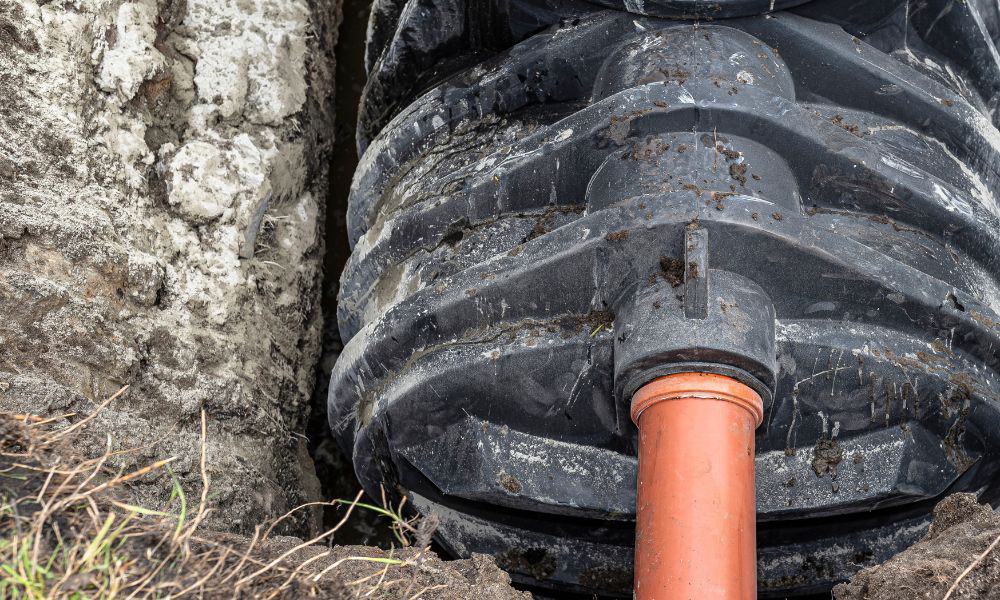What’s the Average Lifespan of a Septic Tank?
If you own a septic system, it’s important to understand its lifespan. A septic tank is an essential system that stores and treats household wastewater and sewage. Knowing the lifespan of a septic tank can help you plan for its replacement or make necessary repairs.
Let’s explore the average lifespan of a septic tank, the factors that can affect its longevity, and tips on extending its lifespan.
Understanding the Average Lifespan of a Septic Tank
The average lifespan of a septic tank is around 20 to 30 years. However, this range can vary depending on several factors, such as the tank’s construction, usage, maintenance, and environmental conditions. For instance, a concrete septic tank can last up to 40 years, while a steel tank may only last up to 20 years. It’s also worth noting that the tank’s lifespan does not guarantee the overall longevity of the septic system since other components, such as the drain field, can wear out faster.
Factors that Can Affect a Septic Tank’s Longevity
Several factors can influence the lifespan of a septic tank, including the following:
- Tank Material: As mentioned earlier, the material used in constructing the septic tank can affect its longevity.
- Usage: The more people living in a household, the more wastewater and sewage the tank needs to hold, which can lead to faster wear and tear.
- Maintenance: Regular maintenance can help extend the lifespan of a septic tank by preventing clogs, leaks, and other issues that can cause damage.
- Environmental Conditions: Extreme weather, such as frequent floods or droughts, can damage a septic tank and affect its lifespan.
Tips on Extending a Septic Tank’s Lifespan
While the lifespan of a septic tank is not entirely within your control, there are ways to extend it, such as:
- Regular pumping: Regular septic tank pumping removes solid waste buildup, reducing the strain on the tank and prolonging its lifespan.
- Water conservation: Conserving water can reduce the amount of wastewater and sewage in the tank, preventing overloading and damage.
- Proper disposal: Avoid dumping harmful chemicals, non-biodegradable materials, and other substances that can damage the tank and affect its longevity.
- Professional inspection: A professional can detect issues early on during regular inspections and address them before they cause significant damage to the tank and other components.
The lifespan of a septic tank can vary depending on several factors. Understanding those factors and how to extend the tank’s lifespan can help you avoid costly repairs and replacements. Remember to have regular maintenance, such as pumping and professional inspections, to detect and address issues before they worsen. If you notice signs of damage or aging in your septic tank, such as leaks, frequent clogs, or foul odors, it may be time to replace it. Proactively maintaining and replacing your septic tank can ensure a reliable and efficient septic system for your home.
If you need septic tank plumbers in California, Fletcher’s Plumbing & Contracting provides professional septic tank services, from installation to pumping and repairs. With over 50 years of experience in the industry, our technicians are knowledgeable and experienced in all aspects of septic systems. Contact us today for more information about our services.

